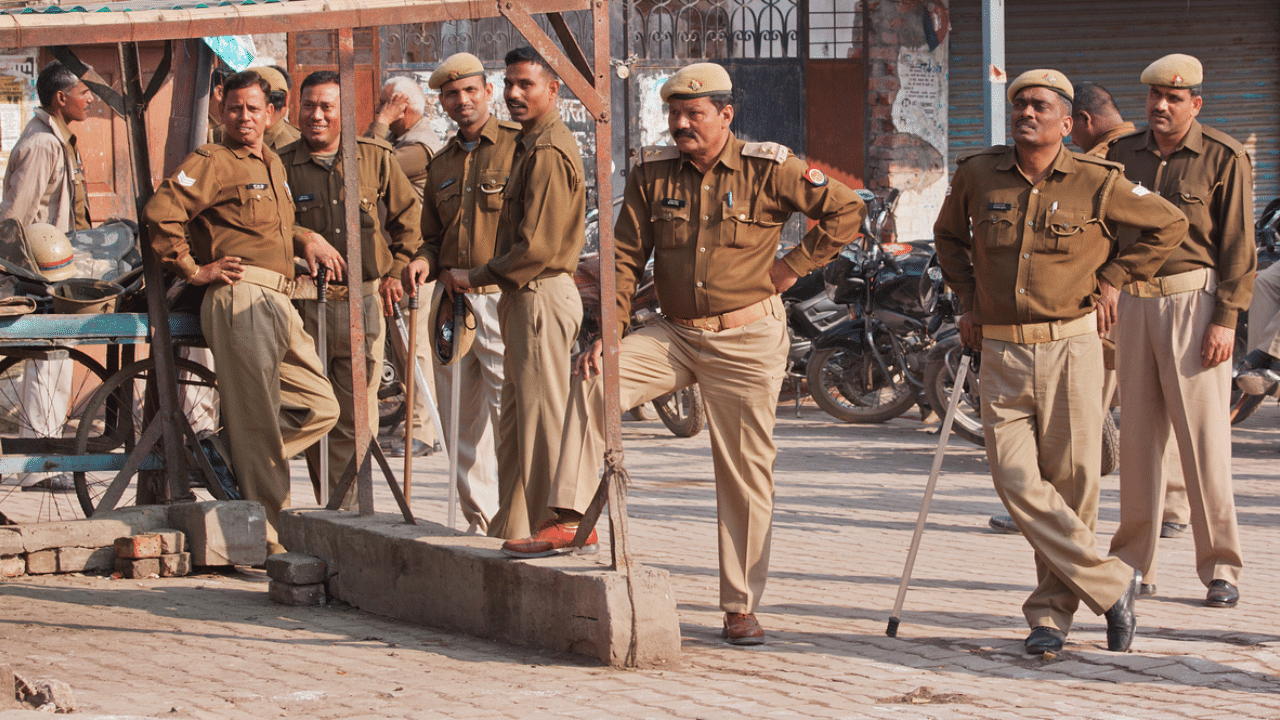
Tuesday marks the 14th year of the Supreme Court issuing directives for police reforms. But an analysis by a private watchdog paints a dismal picture on its implementation across the country.
Only six states provide security of tenure for their police chief, only seven provide for independent short-listing of candidates and only 13 allow an internal mechanism to enable police leadership to take decisions on transfers without political interference.
Only two states provide the State Security Commissions, which are to be independent police oversight bodies, the power to make binding recommendations, the report showed.
Not only that a single state has implemented all the seven directives, but some have even circumvented it, virtually circumventing the process aimed at reducing political interference and providing the freedom to police forces across the country.
The Centre, which is mandated to implement it in Union Territories, as well as states. stood wanting in implementing reforms, the Government Compliance with Supreme Court Directive on Police Reforms: An Assessment' by the Commonwealth Human Rights Initiative (CHRI) shows.
Analysing the steps taken to form State Security Commissions, aimed at ensuring that the "State Government does not exercise unwarranted influence or pressure on the state police”, the report said only Karnataka and Andhra Pradesh make the recommendations of this body binding on police.
States like Meghalaya and Himachal Pradesh make its recommendations subject “only to the extent feasible” while Delhi says “unless...the government decides to disagree with findings of the authority” (Delhi).
When it comes to social inclusion in SSCs, Maharashtra, and Rajasthan stand. While Maharashtra requires the representation of at least one woman and one member of Backward Class among non-official members of the SSC, Rajasthan mandates the inclusion of a member from “weaker sections”.
When it comes to the selection of police chief and ensuring a fixed tenure of two years, only Arunachal Pradesh and Nagaland fully comply with this directive.
Twenty-three states, including Karnataka, Gujarat, Kerala, Punjab and Uttar Pradesh, omit the provision for shortlisting by the UPSC and give state governments the "sole discretion" to select the candidates for the DGP’s post. Andhra Pradesh, Arunachal Pradesh, Manipur, Nagaland and Tamil Nadu are the only states that include short-listing by the UPSC.
When it comes to tenure, 16 states, including Karnataka, Andhra Pradesh, Bihar and Uttar Pradesh, include problematic provisions for premature removal such as “on other administrative grounds to be recorded in writing” or “in the public interest”. These are liable to be interpreted in multiple ways and misused, the report noted.
Removal of the DGP in 18 states, including Karnataka, does not include the provision to consult the SSC.
On giving minimum tenure to the inspector general, superintendent of police, and station house officers, the report said seven states, including Kerala, comply fully while five states, including Karnataka, give a tenure of one year "to selective, and not all, ranks of officers".
Separation of investigation wing and Law and Order also lags behind though 16 states have taken some measures while 12 states, including West Bengal and UP have failed to comply with the directive.
Only Karnataka and Arunachal Pradesh fully comply with the directive on Police Establishment Board, which is mandated to decide on transfers, postings, promotions and other service matters of personnel below the rank of Deputy Superintendent of Police, make recommendations to the state on postings and transfers of senior officers and act as a forum for appeal of officers of the rank of Superintendent of Police and above. Twenty states are "non-compliant".
On Police Complaints Authorities, 8 states – Gujarat, Karnataka, Kerala, Maharashtra, Rajasthan, Tamil Nadu, Tripura, and Uttarakhand – include serving police officers as members of the PCA. While the court did not specifically prohibit this, including serving officers in an authority mandated to inquire into public complaints against the police undermines the principle of independent external oversight and accountability, the report said.
